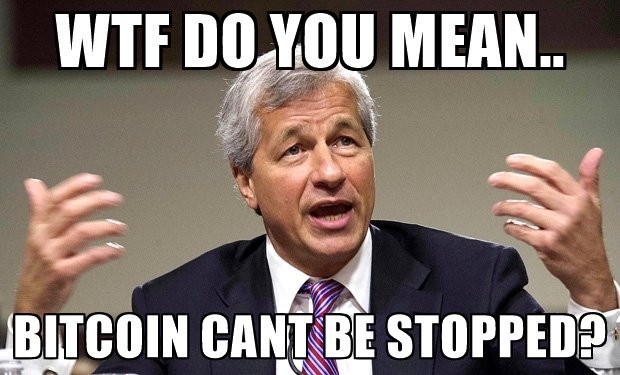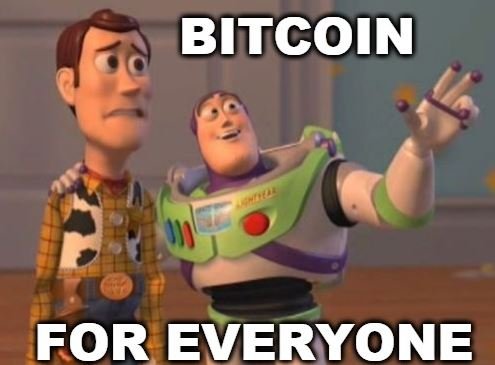For those who understand it, bitcoin is a blessing. But not everyone is of the same opinion, from directors banks to bankers, the list of those who criticized the bitcoin is a long one.
Governments are mostly looking for regulations and others, however, went further and determined that the bitcoin is illegal.

Being afraid, ignorant or protectionist, governments tend to write legislation for everything that is perceived as a threat
The government's first prerogative is, in the end, to govern. Any disruptive technology that threatens their power will be taken into sight.
Governments that understand Bitcoin, as in the case of Japan, have created laws that protect citizens, while facilitating free-of-charge transactions in digital money.
Ironically, Bitcoin is illegal in some third world countries most in need of a non-governmental currency.
Prohibition of Bitcoin
The prohibition of the bitcoin is happening in five countries: Bangladesh, Bolivia, Ecuador, Kyrgyzstan and Nepal.

The Nepalese government, for example, has imprisoned many users and bitcoin businessmen. The most recent case is of a couple who operated a small-scale bitcoin exchange.
In South America, bitcoin is often synonymous with Venezuela. Venezuelans began to use it to protect themselves from inflation and the failed economy.
Also the economic situation of Bolivia is precarious...however, citizens can not use it because of a 2014 decree, when the Central Bank has determined that bitcoin is illegal.
The Prohibition, as demonstrated by tens of years of failed politics, can not remove the flaws from the market. Whether we are talking about drugs, alcohol or bitcoin, the ban can only push the market into the black area, exposing users to risks and creating a criminal environment.

This was seen last year in Bolivia, where a cryptocoin pyramid scheme promised people 300% profits in 60 days. The pyramid scheme collapsed rapidly and culminated in a protest of the angry investors who went out into the street.
The neighbor country, Ecuador, has pulled the bitcoin out of the law not because it opposes the digital coins but because it hopes to control and link them to the Ecuadorian dollar.
"Electronic money is being made to operate and sustain the dollar money scheme," explained an economist affiliated to the government.
In 2014, the Bangladesh Central Bank said that those who will be cached using cryptocoins would be imprisoned for money laundering.
Ironically, Bitcoin is becoming easier to use in developed countries.
- The Dictatorial regimes are too busy to set up strikes and to calm down protesters. Such countries have bigger problems to solve, and bitcoin regulation is their last problem.
When you have the privilege of living in a developed country, it is easy to talk about how ignorant the governors are and how they do not understand the cryptocoins.
But we should take a break and enjoy what we have.
Perhaps one day the right to use bitcoin will be a basic one for everyone.
Perhaps one day the right to use bitcoin will be a basic one for everyone.


If you liked my post,
Please encourage me by follow and upvote
Stay tunned for more!

@miupiu - It is obvious that you are here with a big heart and purpose. I will you all the best!
thank you, i wish you all the luck
It is good to know how these governments will oppress and enslave their people. How can we help them?
I don't think we have how to help them. Sooner or later they will have access to it, because cryptocurrency is the money system of the future... and will be implemented in the entire world. Maybe when the market will be more stable and the rules very well defined that's when is gone happen. It's just a matter of time ...we just have to hope it will happen more soon.
I agree ...
Hi! I am a robot. I just upvoted you! I found similar content that readers might be interested in:
https://www.digitalbeko.com/threads/five-countries-where-bitcoin-is-illegal.63/
The bot review is wrong! The content from my article is 100% original. And beside this, the link with similar content you gave me doesn't work!
Check on https://searchenginereports.net/plagiarism-checker
Please Stop spreading wrong information on my steemit blog!